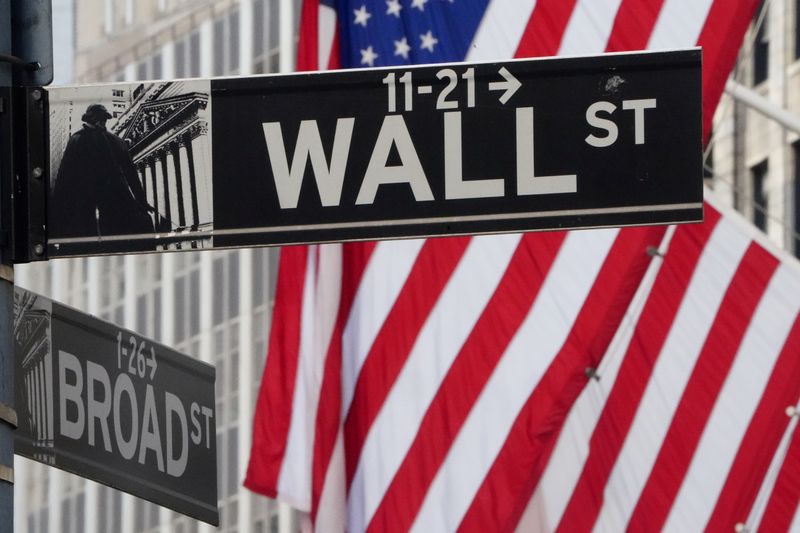This post was originally published on this site
https://i-invdn-com.akamaized.net/trkd-images/LYNXMPEG7Q00C_L.jpg
BENGALURU (Reuters) – Global stock markets are forecast to close the year below their pre-pandemic highs, but will still keep alive for at least another six months a bull run that is defying a sombre economic outlook across much of the world, Reuters polls of market experts found.
Share prices have surged as much as 57% since hitting a bottom in late March, as traders and investors quickly switched their focus from what is sure to be the deepest economic recession on record to how swiftly the world may recover.
But all the 17 indexes in Reuters polls of over 200 equity strategists across Asia, Europe and the Americas taken Aug 12-25 were forecast to end 2020 below their pre-COVID-19 highs. Fifteen were seen ending the year lower than their 2019 close.
While the latest findings were slightly more upbeat than those taken three months ago, the outlook for stock markets from Asia to Europe to Americas has limited upside, if any, on weak corporate earnings and economic worries.
That suggests further gains will be harder to come by.
“Equity markets rebounded … (but) as this higher starting point represents a mismatch between equity prices and fundamentals, we expect this divergence to be gradually reflected in prices,” noted Monica Defend, global head of research at Amundi Asset Management.
“Aided by the still-ongoing recovery of the equity market, ex-ante returns for equity overall are set to peak in the medium term, losing steam thereafter. We maintain that the subsequent recovery (in stocks) will not happen immediately, with spurts of relief rallies not quite reaching pre-pandemic levels.”
Awash with historic amounts of monetary and fiscal stimulus, 14 of 17 indexes were forecast to rise from here by year-end, with nearly 60% of about 110 strategists who had a view predicting at least another six months of the current bull run.
“Our view that equity prices will rise further is underpinned by our forecast that the global economy will continue to recover, even if more slowly and unevenly than during its initial bounce-back over the past few months, and that ample policy support will remain in place for as long as it is needed,” said Simona Gambarini, markets economist at Capital Economics.
Asked about the likelihood of a significant correction in stock markets in the next three months, respondents were split, with 67 of 128 strategists predicting it be “unlikely” or “very unlikely” despite lofty valuations after the recent rally. The rest said “likely” or “very likely”.
In response to a separate question, there was no clear view on what would be the primary driver of stock markets for the rest of the year.
(Graphic: Reuters Poll – Global stock market outlook https://fingfx.thomsonreuters.com/gfx/polling/gjnpwaxjqpw/Global%20stock%20market%20outlook.PNG)
Despite the disconnect between U.S. share prices and the economy, where unemployment has risen sharply as many states are still struggling to suppress the virus, the S&P 500 wiped out all of its 35% loss and swiftly returned to a record high.
But that latest run-up on Wall Street is concentrated among a handful of very large technology companies.
In the United States, the so-called FAANG stocks – Facebook (O:FB), Amazon.com (O:AMZN), Apple (O:AAPL), Netflix (O:NFLX) and Google-parent Alphabet (O:GOOGL) have led the technology and consumer discretionary sectors back to record highs.
Apple has been a star performer among FAANG stocks, with its market value swelling to $2.15 trillion – greater than all the components in the benchmark London FTSE 100 (FTSE) index.
Forecasts from Refinitiv I/B/E/S data show analysts expect a 20% decline in earnings for S&P 500 companies for 2020, with the second quarter still seen as the low point for this year.
“Anchoring investment views to the past is becoming less relevant, in our view, as structural trends such as rising inequality, deglobalization, the policy revolution and sustainability race toward us,” noted portfolio strategists at BlackRock (NYSE:BLK).

